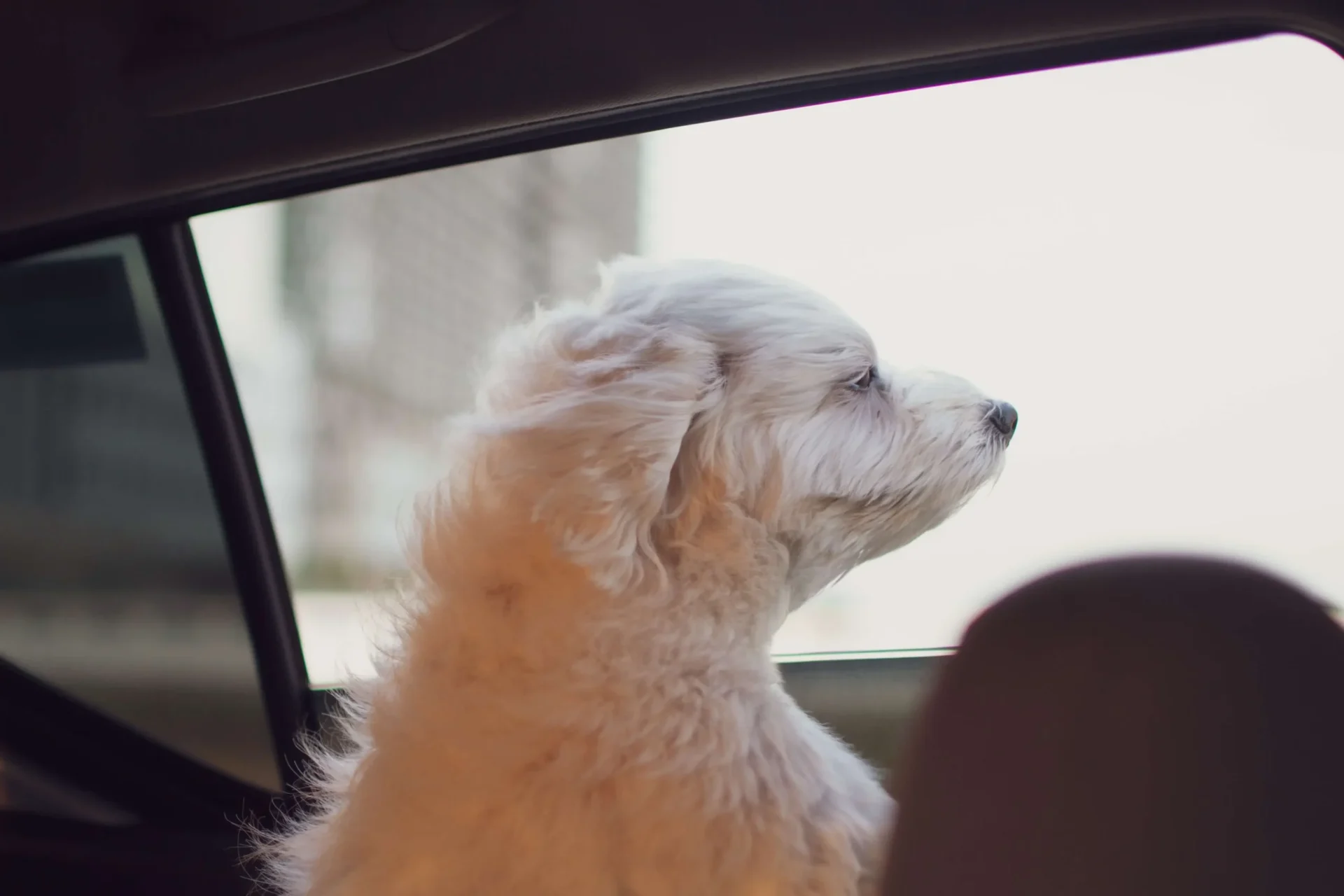
This month has completely gone to the dogs: National Puppy Day is on the 23rd! This ‘pawesome’ occasion was created not just to honor little Fido, but also to promote responsible puppy adoption procedures. In this article, a local Lowell, MI veterinarian focuses on pups.
What Is The Origin Of National Puppy Day?
This cute holiday originated in 2006. It was founded by Colleen Paige, a pet lifestyle specialist. While this would be a great time to share some cute puppy photos, there is a deeper purpose. Paige wanted to call attention to puppy mills and the awful procedures they engage in. As you may know, this is a serious issue for animal welfare.
We’re pleased to report that there has been improvement in this area in recent years. Many pet businesses are now refusing to accept puppies from mills. There are also more regulations regulating these activities than there were in 2006. But there is still much work to be done.
Ways to Celebrate National Puppy Day
You can take part in the fun and help spread the word without going overboard. Simply sharing images and infographics on pups and puppy adoption will help.
Another excellent alternative is sharing information about adoptable puppies through social media. (Of course, if you have your own puppy, you can reward him with a new toy or special treat.)
How Can I Help Fight Puppy Mills?
Puppy mills are particularly evil, because, at the end of the day, they exploit people’s goodwill and love of animals, while showing little or no concern for the animals in their care. Although some of their puppies find loving homes, the breeding dogs they use are often kept in horrible conditions. Many do not receive appropriate care. Unfortunately, it is fairly uncommon for the dogs to be abandoned or harmed once they are no longer able to have offspring.
So how do you spot them?
Here are some pointers.
- Never buy a pet online. You might start your search for a dog online. For example, if you want a puppy of a particular breed, searching for local breeders makes sense. However, you ought to be able to visit the breeder and kennel in person. Be extremely skeptical about listings on marketplaces such as Craigslist.
- Adopt, don’t shop! As public opinion shifts against puppy mills, this slogan is truly taking hold. Begin your search at the local shelter. They often get puppies as well!
- Support animal welfare legislation. If you love animals, you’ll find plenty of causes and legislation to support. Keep a lookout for those regarding puppy mills and breeders.
- Support school programs: The Humane Society has an excellent program for elementary schools, which is called Nose-to-Tail. If you are a teacher and/or have kids in elementary school, you can suggest including it in the curriculum. Alternatively, go through it with your child at home. You may get more information about it here.
How Can I Distinguish A Breeder From A Puppy Mill?
There are some great breeders out there. However, distinguishing them from mills isn’t always easy, especially at first glance. Puppy mills may post gorgeous images of their pets, and the pups may appear happy and healthy.
Transparency is crucial. You should be allowed to visit the puppies and observe where they are kept. The space should be clean, comfortable, and spacious enough. While puppy cams are not available everywhere, they can also be a good sign. In general, the breeder should not only enable you to visit where their dogs are housed, but also encourage it.
Another distinguishing feature is the availability of different breeds. Responsible breeders typically have a strong affinity, knowledge, or passion for a particular breed. As a result, most breeders specialize in a few specific breeds. Often, it’s only one! A breeder with a diverse roster of breeds may be more concerned with profit than with responsible breeding.
Another red flag would be if they vetted you. Good breeders are very particular about who they allow their puppies to go to. You may be required to complete an application or even participate in a meet-and-greet or interview.
Finally, review the paperwork. The papers you receive with little Fido can also be telling. A good breeder will include pedigree papers, immunization certificates, breed information, and possibly some care instructions. You may also be needed to verify that you will get your new canine companion fixed, or, in some situations, pay a greater charge to breed your own pet. Good breeders will often provide return options if the puppy develops specific congenital health concerns.
How Do I Pick a Puppy?
Choosing the correct dog can be challenging. Little Fido is incredibly adorable! However, this is a lifelong commitment, so you need to think carefully. While there are no bad dogs, there are clearly bad matches between canines and their people.
Here are a few things to check out:
- Expected Adult Size
- Grooming Needs
- Trainability And Activity Needs
- Good With Kids?
- Good With Pets?
- Common Health Concerns
Reading basic breed information might help you get a better notion of what to expect. If you’re adopting a mongrel, or a ‘designer’ dog, such as a ‘doodle’ you might want to get a doggy DNA test.
That being said, there is still plenty of room to follow your heart. You might just fall in love with a specific dog. That’s fine, too!
Get Ready for Your New Puppy
Adopting a puppy will alter your life and your pet’s. You’ll need to make some plans before the big day.
Go Shopping
You’ll need to pick up (or order) some essential items for your animal friend. Little Fido will require food, treats, dishes, grooming materials, bedding, paw care items, a harness, leash or collar, ID tags, and a kennel or carrier. GPS tags are not a bad idea either!
Do Some Petproofing
Little Fido is full of energy and full of surprises. This can be a hazardous mix! Young dogs are all in significant danger of swallowing or choking on hazardous objects.
When your pet begins to teethe, you must use even greater caution. This normally occurs when a puppy is about six months old. Teething can be pretty uncomfortable. Your canine companion will attempt to alleviate that pain by chewing. That can be extremely dangerous, as many ordinary household objects are toxic to dogs.
The list includes:
- Small/sharp objects
- Ropes and Cords
- Plastic bags and ties
- Lawn/Garden products, such as fertilizers and slug bait
- Wires And Cords
- Medicine
- Vitamins
- Toxic plants
- Certain foods, such as grapes, raisins, garlic, chocolate, and xylitol
- Garbage
- Personal Items
- Small pieces of clothing
Ask your Lowell, MI veterinarian for tips on how to help your puppy get through the wild chewing stage.
Contact Your Lowell, MI Veterinary Clinic
One of the first things you should do is phone us to schedule an appointment. Your pet will need a thorough examination. Vaccinations, parasite management, microchipping, and spay/neuter surgery should all be on the agenda during Fido’s fun (and super cute) first year. While you’re there, don’t be hesitant to seek advice on grooming, food, exercise, and training. We love watching pups grow from exuberant youngsters to happy, healthy adult dogs!
You should also check your yard for poisonous plants. If you have a fence, be sure it is steady.
Are you getting a puppy? Contact us at your Lowell, MI veterinary clinic, for all of your pet’s veterinary care needs. We’re here to help!





